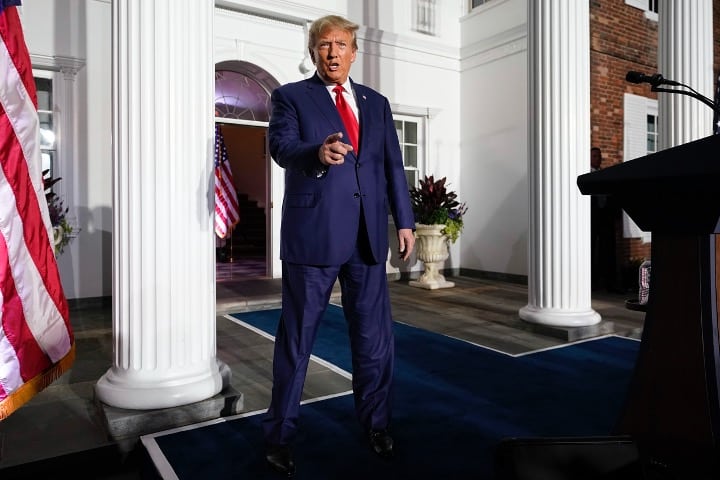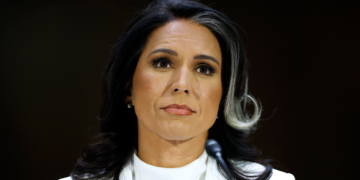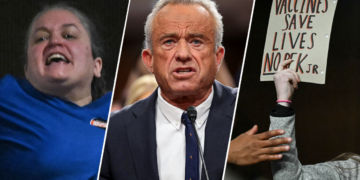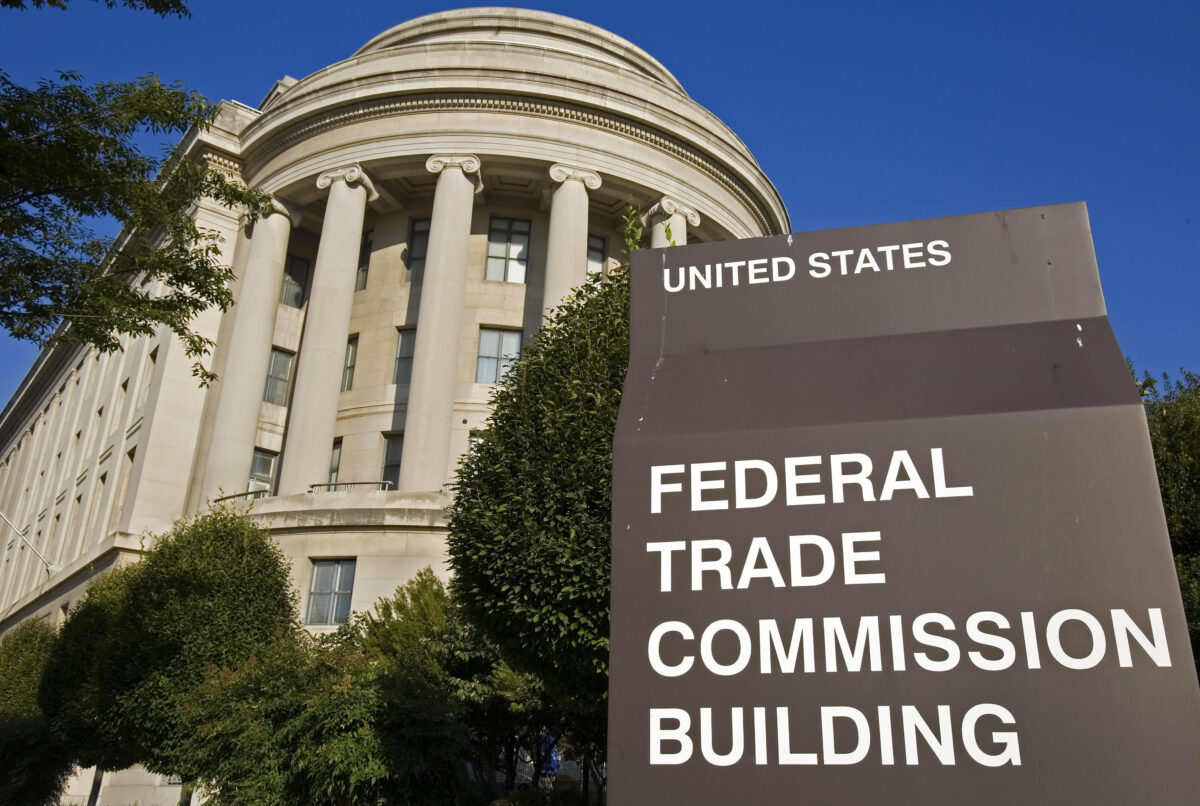
On the surface, the announcement by the Westchester County, New York, district attorney on Thursday that his department won’t be filing charges against Donald Trump was a small victory in a big war. A spokesman for the office stated:
The Westchester County District Attorney’s Office conducted an investigation regarding certain properties owned by Donald J. Trump and/or the Trump Organization located in Westchester County, New York.
Our investigation is now closed.
The fishing expedition to find something — anything –—to hang around Trump’s neck lasted two years. The investigation looked into everything they could find to show that Trump had committed some foul, illegal deed in his efforts to reduce the value of his golf club in order to pay lower real estate taxes.
The investigation turned up nothing to charge him or his company with. The legal wrangling over the county’s inflated assessment of his property had been going on for years, and was finally settled with the county reducing the assessment by 30 percent.
In other words, the DA in Westchester County, New York, found that the county had overstated the value of his golf course, the Trump National Golf Club in Briarcliff Manor. Trump was fighting for a lower value.
This is important because it blows a major hole in the charge by New York Attorney General Letitia James that Trump had overstated the values of his properties in order to obtain loans with more favorable terms.
Last September, James filed a $250 million lawsuit against Trump, the Trump Organization, and his three eldest children, claiming that they colluded in raising the values of the properties and in the process broke various tax, banking, and insurance laws. Trump’s golf course was singled out in that lawsuit as one property where the defendants allegedly fudged the numbers higher, with “deceptive strategies.”
Specifically, James’ suit against Trump alleges that “these acts of fraud and misrepresentation grossly inflated Mr. Trump’s personal net worth … by billions of dollars and conveyed false and misleading impressions.”
You can’t have it both ways.
When informed that the investigation had been closed without producing any charges, Trump posted on Truth Social: “This was the honorable thing to do in that I did nothing wrong, but where and when do I get my reputation back?”
And that is the whole point. When CNN reported in January that the Trump Organization’s former chief financial officer, Allen Weisselberg, had been sentenced to five months in jail for “running a decade-long tax fraud scheme,” as the left-wing news outlet put it, it noted that “it is the only judgment for a criminal conviction that has come close to former President Donald Trump.” It rejoiced that Weisselberg’s felony conviction “could impact the Trump Organization’s reputation and ability to do business or obtain loans or contracts” in the future.
Trump is not out of the woods yet, but if the past is any indication, the other suits pending should wind up being more of the same: big nothing-burgers designed only to tarnish his reputation leading up to the presidential election in 2024.
There’s the so-called “hush money” investigation wherein Trump is being charged with 34 felonies; there’s the federal jury that found him liable for “sexually abusing and defaming” the weird and strange E. Jean Carroll a quarter of a century ago; and there are the 37 felony charges stemming from former Obama operative Jack Smith’s investigation into Trump’s alleged mishandling of documents upon leaving office in 2021.
The Donald is earning the sobriquet “Teflon Don” the hard way. Trump supporters are seeing through the maze of lawsuits and are reacting accordingly — the latest Harris poll shows Trump leading his nearest competitor for the Republican Party’s nomination by 36 points.




















































